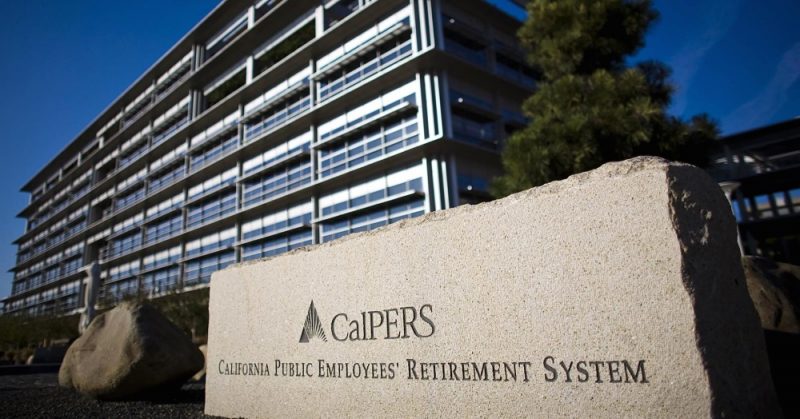The California Public Employees’ Retirement System said on Monday it shared about 14% of the profit made on private equity investments in the past year with firms managing the money.
The announcement by the nation’s largest public pension fund marks a milestone toward greater fee disclosures for private equity assets, which make up $ 26.4 billion or almost 9% of the total fund. The move is sure to be noticed by other state and city pension funds.
CalPERS and other large public pension funds are under increasing pressure to track and disclose the costs of private equity investments. A new California law passed this year requires the state’s public pension funds to disclose more about the fees paid to manage the funds.
CalPERS paid $ 228.4 million in fees in fiscal year 2015-2016, and shared $ 539 million in profits with private equity firms. In total, CalPERS realized $ 3.26 billion in gains from its private equity portfolio last year.
The asset class returned 1.7% in fiscal 2015-16. In fiscal year 2014-2015, when the asset class returned 8.92%, the pension fund paid $ 431.7 million in fees.
CalPERS has been working with the Institutional Limited Partners Association (ILPA) to shed more light on fees paid to manage funds and profits shared with private equity firms. Few public pension funds disclose these costs, despite a growing consensus from government officials, regulators, and the public to do so.
On Monday, some members of CalPERS Board pushed for further transparency by requiring private equity firms to reveal the portfolio fees, offsets or management fee waivers that they may collect.
“If somebody is not willing to disclose to us these kinds of fees, I’m not sure it’s somebody we want to play with,” said CalPERS board member J.J. Jelincic.
“We are the gold standard,” said fellow board member Richard Costigan. “Every one of those funds should be disclosing and if they are not, or they are refusing, we should not be doing business with them.”
CalPERS consultants advised prudence when setting strict new rules that could dissuade firms from working with CalPERS. The asset remains highly competitive, said Michael Moy of Pension Consulting Alliance, and private equity firms have “absolutely no trouble getting commitments from investors.”
“You are not alone, but you are darn near it,” Moy said. “They are very reluctant to give any kind of ground in negotiations.”

